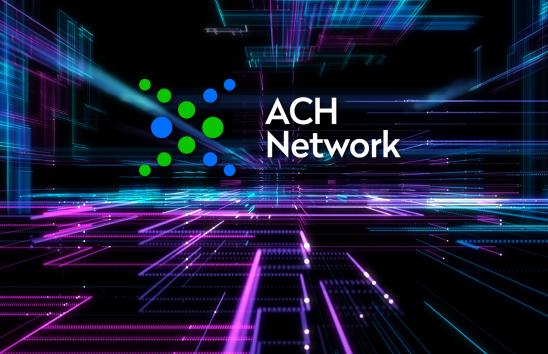New Florida Law Will Help Dentists to Get EFT Payments

Florida dentists will soon find it easier to get fee-free EFT claim payments—and reject virtual credit cards (VCCs)—under a new law coming to the Sunshine State.
“A health insurer that pays a claim to a dentist through Automated Clearing House transfer may not charge a fee solely to transmit the payment to the dentist unless the dentist has consented to the fee,” under the Dental Insurance Claims bill signed May 17 by Gov. Ron DeSantis, R-Fla. It takes effect Jan. 1, 2025.
And with dentists increasingly being pressured to accept VCCs, the measure states that insurance companies “may not specify credit card payment as the only acceptable method for payments from the health insurer to the dentist.” It also requires that before using any form of EFT “including, but not limited to, virtual credit card payment,” the dentist must be notified and give consent. Insurers must also inform dentists of all available methods of claim payment “with clear instructions to the dentist on how to select an alternative payment method.”
“This is a major victory for the Florida dental community,” said Brad Smith, Nacha Senior Director, Industry Engagement and Advocacy.
One of Nacha’s priorities in recent years has been encouraging dental practices not already receiving electronic claim payments to make the switch from slower, costlier paper checks. Smith and his team have visited with dentists at trade shows and compiled resources available on Nacha’s website to encourage dentists to use EFTs via the ACH Network.
“Dentists have the right to receive claims by EFT without being charged by insurers and payers. And they also have the right to reject VCCs, which are needlessly taking a percentage of their hard-earned claims,” said Smith. “This new Florida law is an important step in making that clear.”
On Capitol Hill, a similar effort is underway with H.R. 6487, the No Fees for EFTs Act. It would “prohibit the imposition of any charge, fee, or other payment (including through a withhold from payment) by a health plan or entity completing the transaction on the plan’s behalf, on a health care provider for electronic fund transfers and health care payment and remittance advice.”







